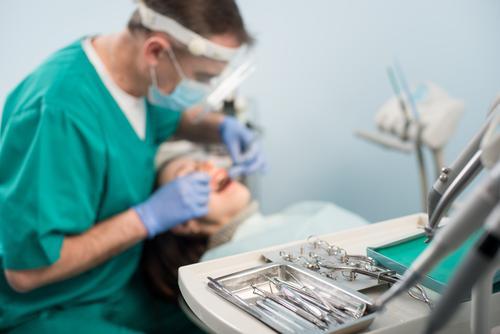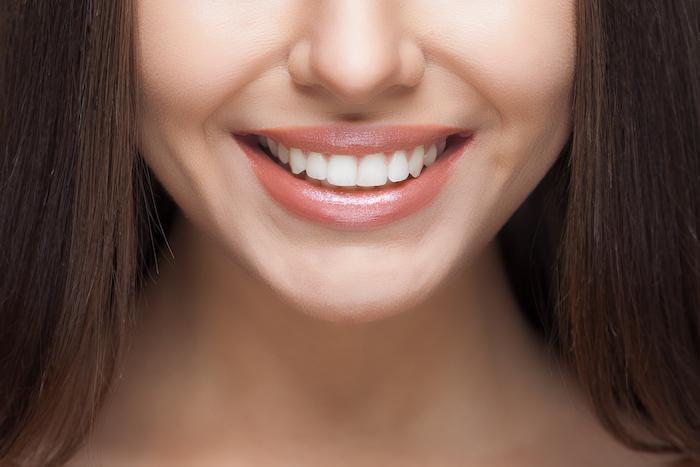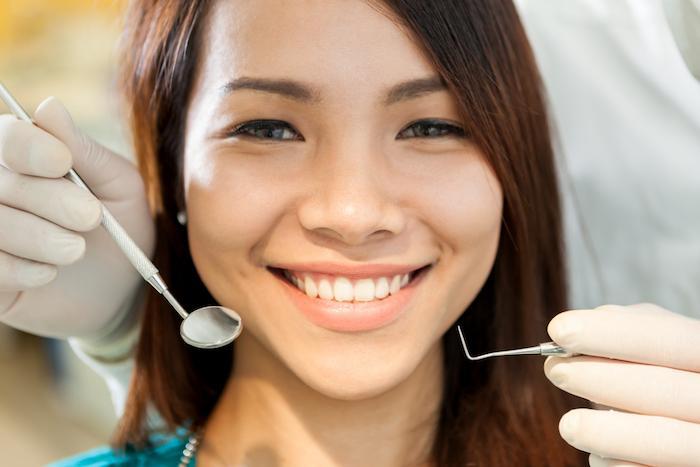
Restorative dentistry uses a variety of techniques to repair damage to your teeth and keep your mouth healthy and fully functional. Crowns are one of the most effective tools in today’s restorative dentistry toolkit.
That’s why Saeed Mokhayeri, DDS, Hengameh Safarcherati, DDS, and the rest of the team at Arya Dental in Fullerton, California, often recommend dental crowns to cover and protect a broken, damaged, or badly decayed tooth.
Dental crowns can be made out of multiple types of material, and rest comfortably and effectively on top of your natural tooth root. Our team carefully selects the shade of your crowns so that they blend in perfectly with your other teeth. No one will be able to tell the crown is there.
Dental crowns can help with a variety of dental restoration and repair care needs. How could an even-toned and natural-looking porcelain crown improve your dental health and smile appearance?
The benefits of dental crowns
Dental crowns create a strong protective covering that fits over the top of damaged natural teeth. Repairing teeth with crowns means that the natural root of the teeth remains intact, maximizing usability, comfort, and long-term jaw health.
Crowns can be long-lasting, and blend in well with your other teeth. Crowns provide a basically invisible way to repair and restore substantially damaged teeth, including chipped teeth, cracked teeth, and teeth affected by decay.
Crowns can also be used to top effective and long-lasting dental implants, if you have one or more lost or missing teeth.
What materials are used for dental crowns?
Dental crowns are most commonly made out of porcelain, a material that looks and feels much like the dental enamel that coats your natural teeth. Porcelain crowns can be adjusted in color and shade to perfectly match your other teeth and will last without discoloration or significant staining. Dental crowns can also be made out of other materials, including resin and metal.
Taking care of your dental crowns
With proper care, dental crowns can last a lifetime. After getting a dental crown put in place, take care to:
- Practice good dental hygiene, brushing twice daily and flossing around the exterior edges of your crown to dislodge debris and harmful bacteria
- Avoid grinding or clenching your teeth
- Watch out for harmful habits like chewing ice, biting fingernails, or opening plastic packaging with your teeth
To learn more about how custom-made dental crowns from Arya Dental could provide lasting improvement for your teeth’s appearance and function, get in touch with our team today. You can schedule an appointment by giving us a call today, or request your appointment online now.






